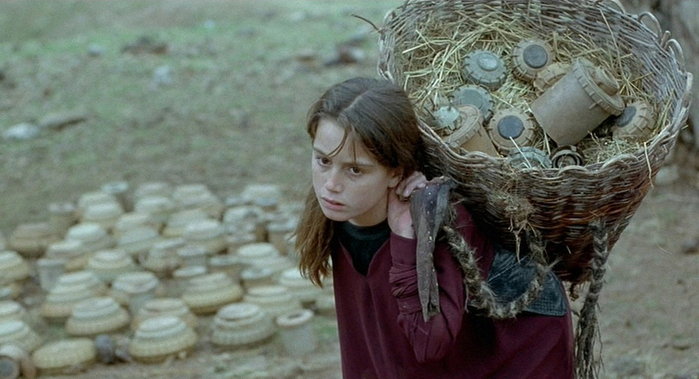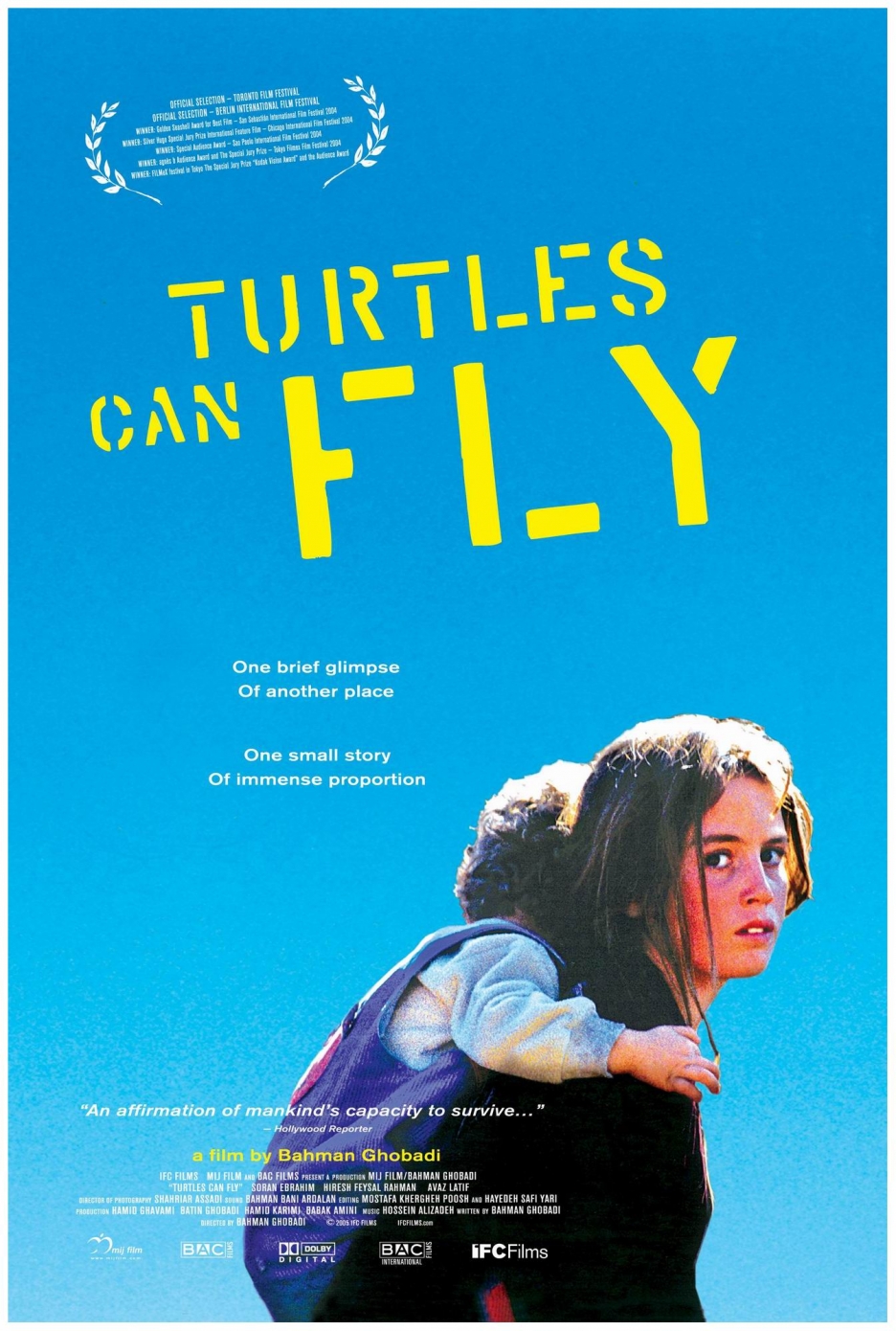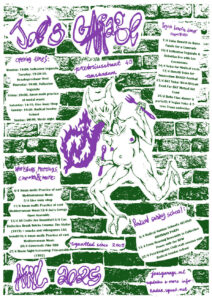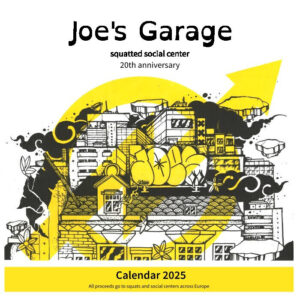Sunday January 12, 2025, Can Dialectics Break Bricks Cinema: TURTLES CAN FLY * 2004 * (کیسەڵەکانیش دەفڕن, Lakposhtha hâm parvaz mikonand) * Directed by Bahman Ghobadi * 96 minutes * In Kurdish with English subtitles * doors open at 20:00 * intro & film start at 20:30.
 Set in a Kurdish refugee camp near the Iraqi-Turkish border, the movie focuses on its orphans. For them life is temporary, fleeting, and always shifting. The fact that any human being is forced to live in such a volatile situation is crazy. These homeless kids makeshift everything, and life can be finished at any moment if you step on an American landmine. Many of the children who act as extras are actually real Kurdish refugees, and many of them are missing arms and legs. In other words, the issue of landmines isn’t just a narrative device for this film – it’s a reality that these people live with every day. But at the same time, bringing up facts like this doesn’t prevent the film from also achieving a kind of poetry.
Set in a Kurdish refugee camp near the Iraqi-Turkish border, the movie focuses on its orphans. For them life is temporary, fleeting, and always shifting. The fact that any human being is forced to live in such a volatile situation is crazy. These homeless kids makeshift everything, and life can be finished at any moment if you step on an American landmine. Many of the children who act as extras are actually real Kurdish refugees, and many of them are missing arms and legs. In other words, the issue of landmines isn’t just a narrative device for this film – it’s a reality that these people live with every day. But at the same time, bringing up facts like this doesn’t prevent the film from also achieving a kind of poetry.
This movie is so far removed from our daily lives here in the western world, that it takes on an almost surreal edge even though it’s based in a reality far away. For us a scenario like this is otherworldly, and it opens up so many questions. For example, for me, one of its interesting reflections is about the nature of communication. One of the boys in the camp seems to be a clairvoyant and can foretell mysterious prophecies that seem to come true. But then, on the other hand, we have other Kurds who are desperate to watch television thinking it will tell them what is going to happen next. Our main character, whose name is Satellite, realises that the blitzkrieg of sensationalistic information, music videos, and Fox news reports on the television are mostly a distraction and provide little to help understand the situation. Even though the lives these people live are desperate, they are at least rooted in a reality that is stripped down and understandable. Once the characters in this movie get a hold of a working television set and start flipping around all the channels, we feel like we have entered a world of total chaos.
This is a movie that brings up urgent issues, both political and on a human level. It has a strong emotional impact, but one that helps us contextualise a part of the world that we otherwise can’t comprehend. It doesn’t try to get us to take sides and any issue, but instead it is simply conjuring up a tragic situation with all its complexities.
As you have probably noticed, one of the reasons why I’m showing movies is to explore the world around us. Through movies we can see how people feel, think, and approach life in countries we will never reach. Cinema can help break down prejudices, and I always encourage people to use movies to listen to the other side of the story. Right now the entire Middle East, which was carved and divided up largely by Europeans after World War I, is now rapidly changing. To understand these changes a movie like this can shed some light. It is about a displaced Kurdish community at the Iraqi-Turkish border, and was the first movie to be made in Iraq after the American invasion and the fall of Saddam Hussein. It’s insightful and poignant, and what might shock you is that it’s an Iranian movie, and one that I feel will surprise many.
Other movies from Bahman Ghobadi screened at Joe’s Garage: https://joesgarage.nl/archives/tag/bahman-ghobadi
Film night at Joe’s Garage, cozy cinema! Free entrance. You want to screen a movie, let us know: joe [at] lists [dot] squat [dot] net





